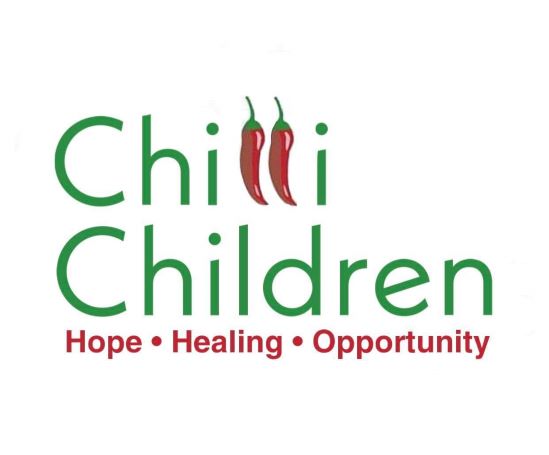We conduct regular clinics and surveys in rural villages across south western Uganda to identify children with disabilities who have been hidden away, to counsel and teach their caregivers. We facilitate two-monthly trips for the treatment and review of children with neurological conditions. We also support families with special equipment to use at home. Finally, we run free weekly treatment clinics for children with club foot.
Outreach Clinics and Surveys
Outreach clinics reach rural, hard-to-reach villages and communities in our area of operation, and are for caregivers and their children with disabilities.
We run daily clinics at the Project Office, but many of our beneficiaries are not able to come to them due to the cost of transport or distance from their homes (over 100kms away - that's how far our reach is!) So, we go to them. We use radio announcements to let our beneficiairies know when and where we are going.
We use local churches as a base for our clinics. We bring mats, appliances and equipment using the Project ambulance, and run clinics on the grass. It works!
Click here to find out more about what happens in a clinic and why.
Outreach surveys are conducted in the four districts in which we operate; Rukungiri, Kanungu, Kabale and Kisoro.
Periodically, staff will spend up to two weeks 'in the field'; visiting churches and other community hubs across a particular district, using radio announcements to call families with disabilities to be registered.
From there, children are registered. Children with surgical/operable conditions are put on a waiting list for surgery at our various partner hospitals. We cover these medical costs. Children with neurological disorders or learning disabilities, for example conditions such as cerebral palsy, hydrocephalus, down's syndrome and microcephaly, are taught therapy and exercises, and are called to attend the more regular outreach clinics that we run.
Two-monthly Mbarara Neuro-trips
We support children with neurological conditions which can be life threatening if not managed.
Every two months, the Chilli Children Project transports 10-15 children and their caregivers to Mbarara, a city two hours away, where they meet with medical neuro-specialists who assess, review and prescribe life saving medication to the children.
Disabled children with neurological conditions such as hydrocephalus, microcephaly, epilepsy and spina bifida benefit from this service.
If it wasn’t for the Project stepping in, the cost of transport and medical treatment/intervention would make these regular trips totally inaccessible to the families who currently benefit, having a hugely detrimental impact on the wellbeing of the children. However, with regular assessments, reviews and medication, the children are able to lead lives as well as they possibly can as their conditions are managed and monitored.
Other benefits include; social interaction and mutual support of caregivers who may feel isolated or alone in their situation, improved self esteem of children who are interacting with like children and making friends during the regular trips, and better quality of life for the children as they receive medical intervention to improve their condition.
Home Visits
Flavia undertakes home visits with some of her clients from life skills clinics, to re-enforce ideas and exercises. As a result of these extra visits, Flavia sees greater and quicker improvements. Home visits also help her to assess the home situation; physically and socially. This better helps her in her treatment plan, when considering the terrain of the home, the type of appliances she gives, and the psycho-social support she offers to the parents.
She says ‘Home rehabilitation is best and very effective in achieving physiotherapy goals.’
For example, recently Flavia visited Petra at home. He was given a corner seat at a recent equipment distribution so it was great to see it being used. She was also able to encourage his parents who are doing brilliantly in taking care of him.


Club Foot Clinics
Club foot is a disorder in which babies are born with one or both feet turned inwards and pointing down. If left untreated, as many children were in the early days of the Project, the child will be disabled and start walking painfully on the top of the foot.
In the Club Foot Clinics run by the Project, the Ponseti method is used to successfully treat club foot in infants without the need for invasive surgery. We thank Miracle Feet for their support.
Kenneth, an orthopedic officer, with the support of Project Physio Flavia, runs the clinics every Wednesday. Club foot treatment with our Project is completely free.
Every week for between 4 – 7 weeks the baby’s foot is gently manipulated, and a plaster cast applied to keep the foot in the improved position.
Even when well corrected, clubfoot has a tendency to relapse until the child is about 4 years old. For this reason a Foot Abduction Brace is worn day and night for at least 3 months and, after that at night for 3 to 4 years.
The treatment of club foot is a long drawn out process requiring a lot of perseverance on the part of the parents, and commitment from the Project staff.
Below are some great success stories from our club foot clinics!

Above: Kelvin before and after club foot treatment
Below: Rashid before and after club foot treatment







